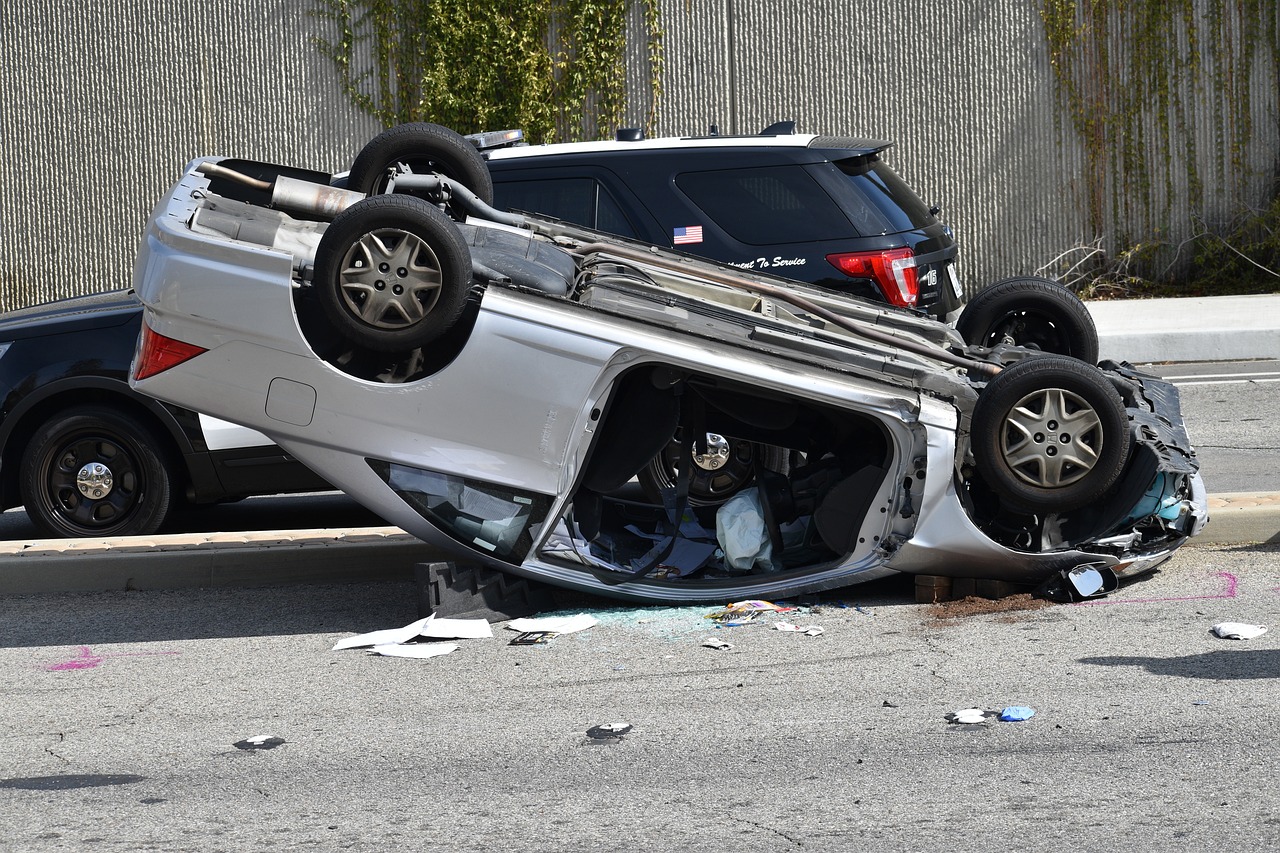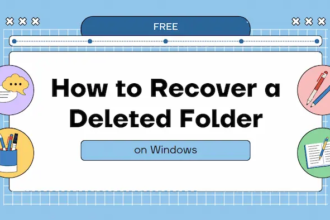Did you get into a car accident and now you’re not sure what you’re supposed to do?
- Why Driver Legal Duties Are More Important Than You Think
- The 4 Non-Negotiable Legal Requirements That Every Driver Must Follow
- 1. Stop at the Scene
- 2. Remain at the Scene Until Your Duties Are Complete
- 3. Provide the Following Information
- 4. Render Reasonable Aid to Injured Persons
- What Happens When You Fail to Meet These Legal Duties
- How to Protect Yourself While Meeting Your Legal Duties
- Final Thoughts on This Extremely Important Topic
Yeah… let me guess… you’re one of the 99% of drivers who have absolutely no idea of their legal duties in personal injury accidents. (Most drivers actually know nothing about what they are required to do after an accident and end up panicking, making mistakes or the absolute worst – leaving the scene).
This is a big problem because a simple mistake or omission when you’re at the scene of an accident can turn an otherwise minor incident into a felony charge.
The truth is:
Learning about your legal duties as a driver in a personal injury accident is NOT only the law. It is literally the only way you can protect yourself, help the other person and avoid severe criminal charges that can destroy your life.
Did you know that every day over 6,500 people are injured in motor vehicle accidents throughout the United States? When you stop and look at it, that’s a really high number of people.
But what is even worse…
Most of these accidents had an even better outcome if the driver just KNEW their legal duties and followed the steps correctly.
In this article you will learn:
- Why Driver Legal Duties Are More Important Than You Think
- The 4 Non-Negotiable Legal Requirements That Every Driver Must Follow
- What Happens When You Fail to Meet These Legal Duties
- How to Protect Yourself While Meeting Your Legal Duties
Why Driver Legal Duties Are More Important Than You Think
Accidents that cause personal injuries are not a joke.
In fact, motor vehicle accidents cause 52% of all personal injury cases that are filed in the United States. If you break that number down, it means more than half of all personal injury lawsuits originate from car accidents.
But here’s the kicker…
The way you behave after an accident can decide whether you get a simple inconvenience or you get a huge legal consequence. The difference between a misdemeanor and felony charge can often be determined by whether you performed your basic legal duties.
Look at it this way: if you’re in a serious accident with injuries and such, you don’t want to make a bad situation worse by incurring criminal charges on top of everything. That’s where having a car accident lawyer NY trusted by residents becomes extremely important, especially where personal injury law and duty issues converge and become complex.
The system takes driver legal duties seriously because it serves an important purpose. To help guarantee victims get the help they require, to assist in appropriate documentation and to maintain order in chaotic situations.
The 4 Non-Negotiable Legal Requirements That Every Driver Must Follow
If you’re involved in a personal injury accident, the law is clear about what you need to do. These are NOT suggestions, they are mandatory legal duties that apply in almost all states:
1. Stop at the Scene
I don’t know why I even have to mention this but here it is: you must stop your vehicle at the scene of the accident, or as near to the scene of the accident as it is safe to do so. If you cannot stop at the scene of the accident due to traffic or safety issues, you are required to return to the scene of the accident as soon as you can.
Note: “Stop” here means come to a full stop and not simply slow down, look for damage and leave.
2. Remain at the Scene Until Your Duties Are Complete
This is where most drivers make a mistake…
You cannot leave the scene of the accident after you have exchanged information and such. You are required to remain at the scene until ALL your legal duties have been fulfilled.
Some drivers assume they can leave after an accident once they have exchanged insurance cards. Not so.
3. Provide the Following Information
If you are involved in an accident, you must provide the following information to the parties involved in the accident:
- Your full name and current address
- Your driver’s license (if requested and available)
- Your vehicle registration number
- Insurance information
Tip: It is best to keep this information easily available in your vehicle.
4. Render Reasonable Aid to Injured Persons
This is the most important duty from a humanitarian perspective.
If a person is injured in an accident, you are required to “render reasonable assistance.” In most cases, this means calling for emergency medical services, calling an ambulance to take the injured person to a hospital or a medical facility, and remaining with an unconscious person until help arrives.
The word “reasonable” in this sentence is key, you are not required to do any medical procedures you are not trained to do but you are expected to take basic steps to see injured persons receive help.
What Happens When You Fail to Meet These Legal Duties
Let’s be completely honest here…
If you fail to fulfill your legal duties at the scene of an accident, you are not simply getting a traffic ticket. You are facing some serious criminal charges that will haunt you for years to come.
Criminal Penalties
The penalties vary from state to state but they are all very severe:
Accidents involving only property damage:
- Misdemeanor charges
- A fine between $300 and $5,000
- A possible jail time of up to 12 months
- License suspension
Accidents involving injury or death:
- Felony charges
- Prison sentences from 1 to 5 years
- Substantial fines
- License revocation
Civil Consequences
Aside from criminal charges, you are also facing civil liability issues, such as:
- Increased damages in personal injury lawsuits
- Higher insurance premiums
- Increased difficulty obtaining insurance in the future
- Possible punitive damages
The kicker: Even if you weren’t at fault for the accident in the first place, leaving the scene can make you liable for additional damages and can turn you from a completely innocent party into a criminal defendant.
How to Protect Yourself While Meeting Your Legal Duties
Meeting your legal obligations does not mean you have to jeopardize your own interests. In fact, you can be legally compliant and protect yourself at the same time:
- Document everything: Take pictures of the other vehicle/s, the accident scene, collect witness information, note down weather conditions, etc.
- Be careful what you say: Don’t admit fault or speculate about causes. Stick to the facts.
- Know when you can leave: Only once the police and/or emergency services have been contacted, information exchanged, reasonable aid rendered and permission to leave by law enforcement is given.
- Handle Insurance Communications Carefully: You have to give your insurance information but you are NOT required to give a recorded statement to the other parties’ insurance company at the scene of the accident.
- Get Legal Help When Necessary: In the event of a serious injury, multiple vehicles involved, or complex circumstances, you should consult a qualified attorney before giving detailed statements.
Final Thoughts on This Extremely Important Topic
Driver legal duties in personal injury accidents are not hard to follow, but they are EXTREMELY important. Stop, stay, provide information, and render aid – those four simple requirements can shield you from serious criminal liability while also helping to ensure the accident victim gets the help they need.
It’s just way too high stakes to wing it or hope for the best. Know your obligations, be prepared and always remember that fleeing the scene of an accident can turn any accident into a felony in your record.
Because with personal injury accidents, doing the right thing is not just about being a good person, it’s about NOT getting life-altering legal consequences that will haunt you forever.

















